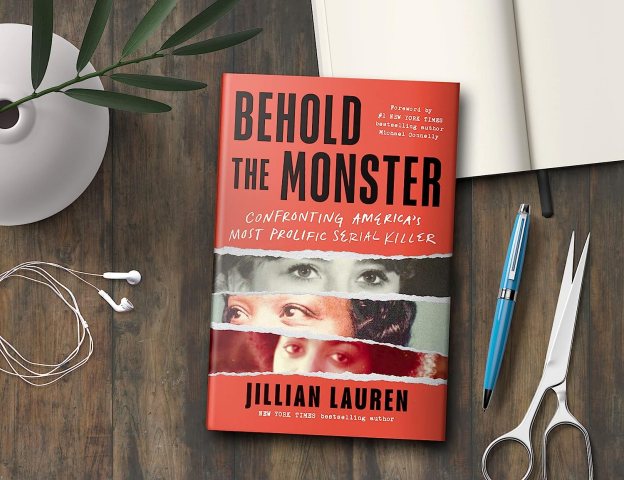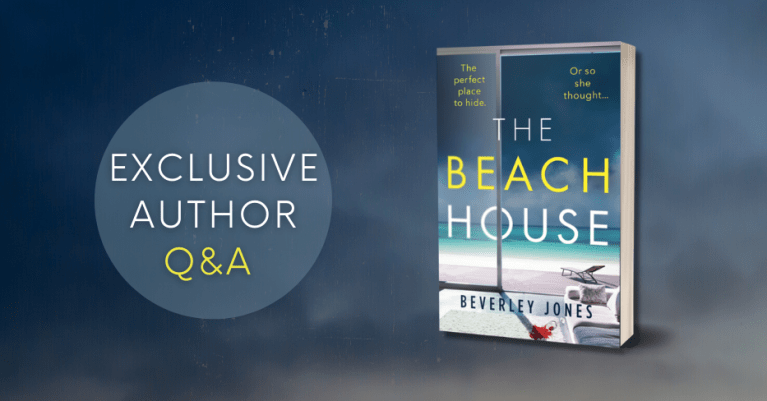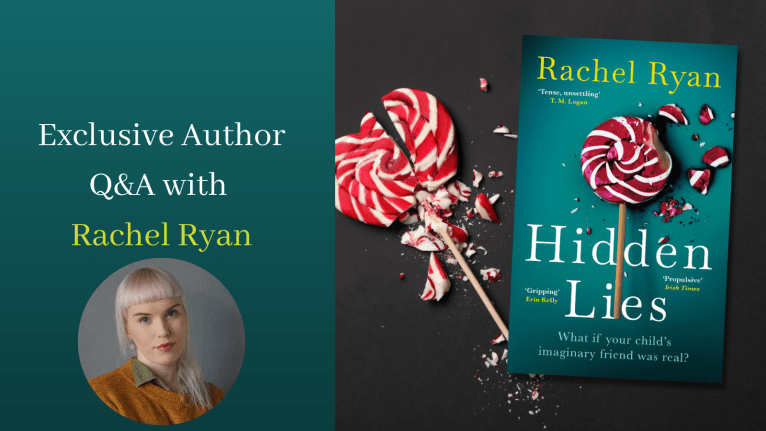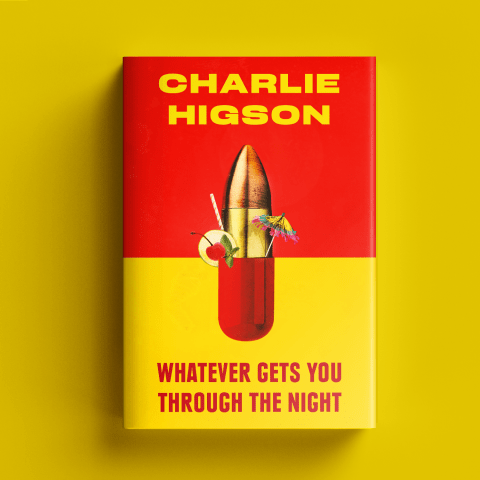Susanna Gregory interviews Charles Finch
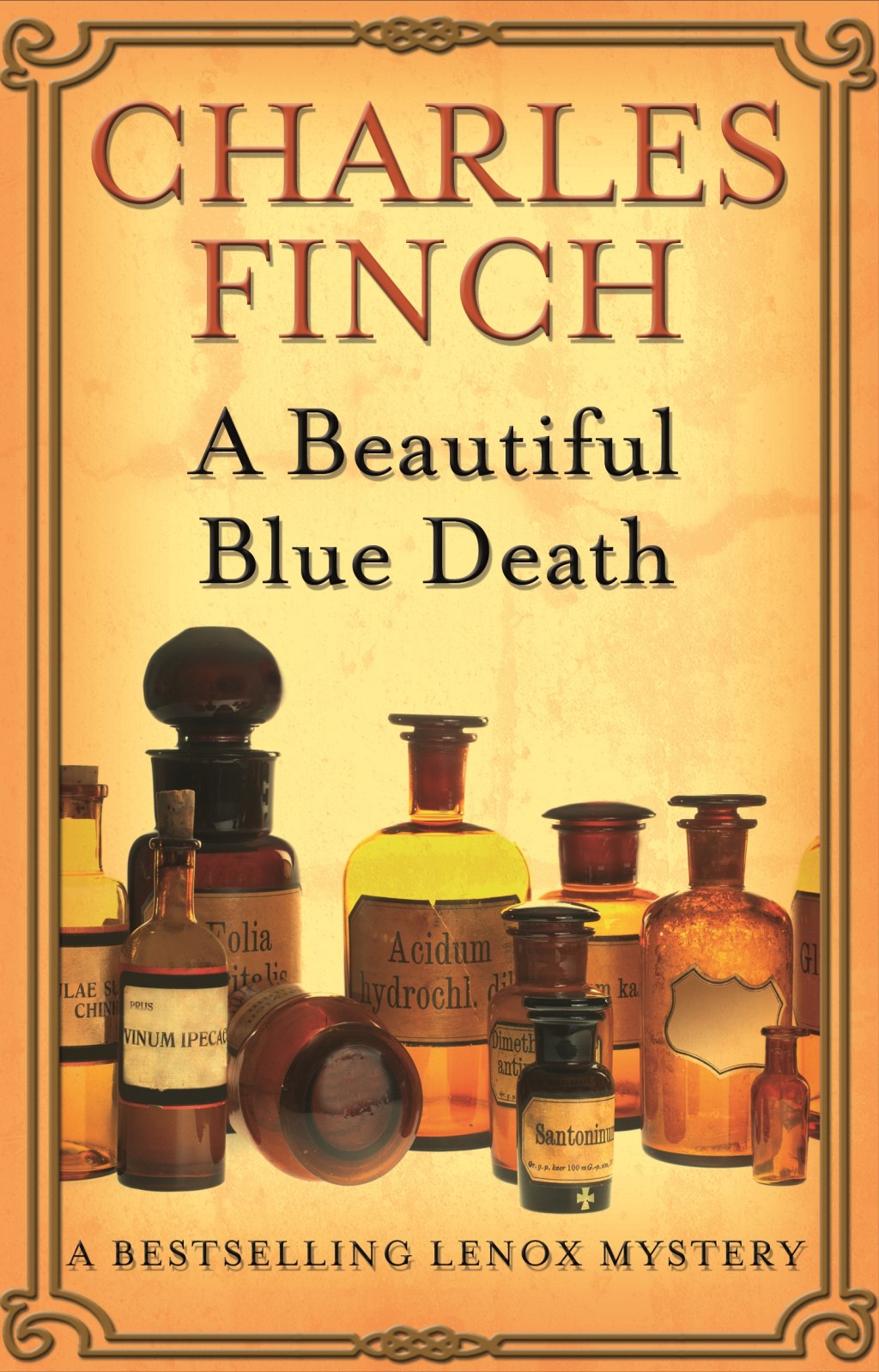

Charles Finch is the creator of the Charles Lenox books, and his protagonist is a gentleman detective who lives in London during the mid-nineteenth century. Lenox is the younger brother of a baronet, and his ancestral home is Markethouse, where his family still occupies Lenox House. He is independently wealthy, which gives him plenty of time to indulge his quixotic interests, of which amateur sleuthing is one.
A Beautiful Blue Death is the first in the series. It begins as Lenox is settling into his favourite armchair with the pleasant prospect of an evening in front of the fire. Unfortunately, there is a distraught message from his friend and neighbour, Lady Grey, urging him to visit as soon as possible. Lenox obliges, and learns that a former maid, Prudence Smith, is dead of poison. Was it an accident or a suicide? Or murder?
The Lenox novels are armchair cosies at their best. There is always time for tea and crumpets before outwitting the villains, and the pace is delightfully relaxed. Lenox has a refreshingly healthy relationship with his family, and is generally liked by the people he meets – a highly personable detective whose charming company is a pleasure.
*
SG: Hello Charles! What made you turn to writing fiction or is it something you have known you would do from an early age?
CF: Hi Susanna, interesting question. From a really young age I was a reader. I found consolation, excitement, and emotional satisfaction in fiction. At the same time I had a knack for writing and words. And the fusion of those two interests led me to write. I question all the time whether it’s something I’m meant to do (there are many times as a writer, which is such a solitary profession, that it feels like a hard road) or something that aptitude and inclination pushed me toward. Anyhow I’ve enjoyed the books I’ve written and I can’t imagine not writing. I don’t know if that makes it a vocation. Certainly I’m not like these writers who don’t want to do anything else and have never considered stopping.
SG: You have recreated with vivid and loving detail the Houses of Parliament in the mid-nineteenth century. Was this knowledge helped by your background in politics?
CF: I think politics is definitely consistent from era to era – the blend of money, ambition, cleverness, and simultaneously the highest and lowest moral values of any public sphere. When I had Charles Lenox run for Parliament in The Fleet Street Murders, I drew a lot on my campaign experience, especially in describing the debates and the local celebrities that every candidate has to court.
SG: How did your time in Oxford help you with your research?
CF: Funnily enough, I wrote the first book in the Charles Lenox series, A Beautiful Blue Death, before I had set foot in England [Charles was born in the US]. But the second in the series I wrote while I was in Oxford – in fact, it’s set in Oxford – and I think being in such an ancient city, among all of those golden buildings, added a density and realism to my depiction of England. On top of that, obviously, the libraries were pretty good there.
SG: What made you choose the 1860s as the setting for your books?
CF: I chose 1865, which was the year Charles Dickens published Our Mutual Friend and the year after Anthony Trollope published The Small House at Allington. Any earlier than 1855 and you have a little bit of the cruel world of the early eighteenth century left over – public hangings, widespread disease – and any later than around 1880 and you begin to creep up on the modern age. This seemed like the heart of the Victorian period to me: bankers in their drawing rooms drinking port, novels appearing serially, a mix of deep social conservatism and subtle political progressivism (more voting, greater equality). I’ve now reached 1875 (by the seventh book in the series) and feel happy with the period I chose.
SG: And why London?
CF: Where else!
SG: How do you do your research? Are there good libraries with original sources near you, or are you obliged to travel to the UK?
CF: For me the tone of the books is the most important thing, and reading writers like Trollope, Dickens, Gaskell, Ward, et al helps me find that. The research varies greatly from book to book – the Royal Navy for one, the poorhouses for another – and I use a lot of secondary sources. On the other hand I visit London at minimum once a year and am always taking notes on street names, blue plaques, and customs.
SG: Are you a full-time writer, or do you have a day job?
CF: I’m lucky enough to write full time now.
SG: Have you ever considered writing a contemporary novel, or one set in another era?
CF: As a matter of fact my first contemporary novel, The Last Enchantments, is coming out in 2013 in America. It’s about a group of friends in Oxford, from all over – England, America, India, Germany. I’ve also considered doing a different series – maybe featuring one of the descendants of my protagonist, Charles Lenox, around the period of World War II . . .
SG: How important do you consider historical accuracy in fiction?
CF: Moderately. I think there’s a certain amount of drudgery in some historical fiction, and if there are one or two anachronisms in my books I can forgive myself for them, as long as the atmosphere and the characters are rich and involving. I know my friends in England mock me for using the world ‘sidewalk’ in one of the early books.
SG: Your characters set great store by the sacred ritual of afternoon tea – Lenox asks Lady Jane whether she has had hers before enquiring why she has summoned him so urgently at the beginning of A Beautiful Blue Death! How important were these rituals for people in 1860s London?
CF: Well, tea was enormously valuable both fiscally and socially. It was kept in a chest to which only the mistress of the house had the key; poor people bought tea that was nearly white from having already been used four or five times; when it was finally dead it was scattered over the floor to collect dust. For my characters, who are upper class, it’s a source of reassurance and continuity. But as I’ve become a coffee drinker in the last six years I find that Lenox has taken to drinking more coffee than tea.
SG: Lenox is a very likeable person. Was he based on anyone you know?
CF: Thanks! Honestly – no. Bits and pieces here and there.
SG: If you could have dinner with any character from your books, who would it be?
CF: Hmm, interesting. I think it would have to be Lenox. Or if not him, his dear friend Lady Jane, or his assistant John Dallington. But those are the obvious answers. For a less obvious one look out for a character in the fifth book, A Burial at Sea, called McEwan. I’d like to have dinner with him. And Toto McConnell seems like she would be the most fun to sit at a dinner party with.

Susanna Gregory is the pseudonym of a Cambridge academic who was previously a coroner’s officer. Her Matthew Bartholomew series have gained a formidable following. Find out more.
 Charles Finch is a graduate of Yale and Oxford. He is the author of the Charles Lenox mysteries, including The Fleet Street Murders, The September Society and A Stranger in Mayfair. His first novel, A Beautiful Blue Death, was nominated for an Agatha Award and was named one of Library Journal’s Best Books of 2007, one of only five mystery novels on the list. Find out more.
Charles Finch is a graduate of Yale and Oxford. He is the author of the Charles Lenox mysteries, including The Fleet Street Murders, The September Society and A Stranger in Mayfair. His first novel, A Beautiful Blue Death, was nominated for an Agatha Award and was named one of Library Journal’s Best Books of 2007, one of only five mystery novels on the list. Find out more.
Charles Lenox, Victorian gentleman and armchair explorer, likes nothing more than to relax in his private study with a cup of tea, a roaring fire and a good book. But when his lifelong friend Lady Jane asks for his help, Lenox cannot resist the chance to unravel a mystery.
Prudence Smith, one of Jane's former servants, is dead of an apparent suicide. But Lenox suspects something far more sinister: murder, by a rare and deadly poison. The grand house where the girl worked is full of suspects, and though Prue had dabbled with the hearts of more than a few men, Lenox is baffled by the motive for the girl's death.
When another body turns up during the London season's most fashionable ball, Lenox must untangle a web of loyalties and animosities. Was it jealousy that killed Prudence Smith? Or was it something else entirely? And can Lenox find the answer before the killer strikes again - this time, disturbingly close to home?


